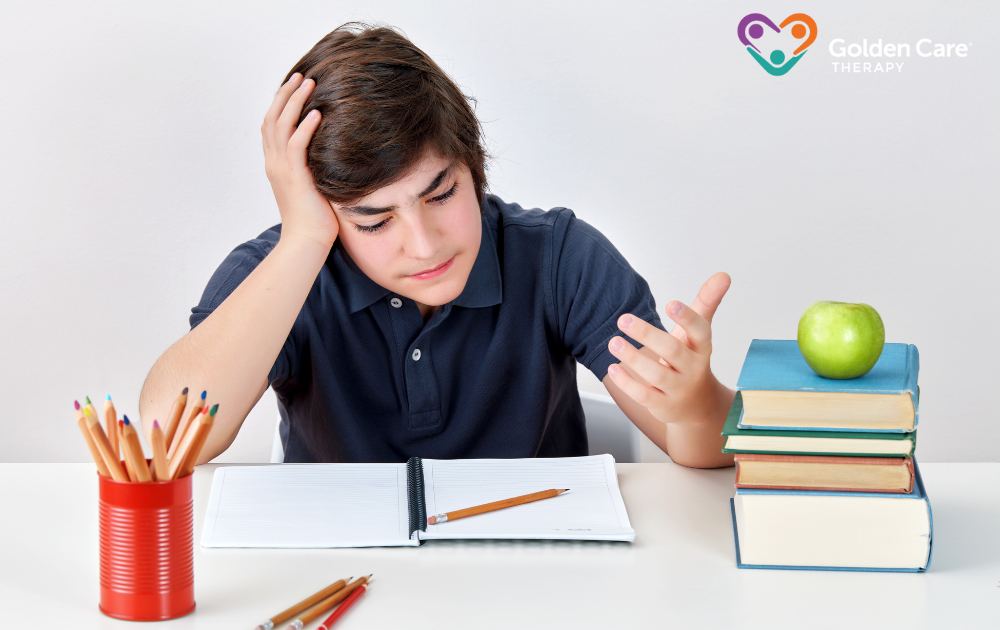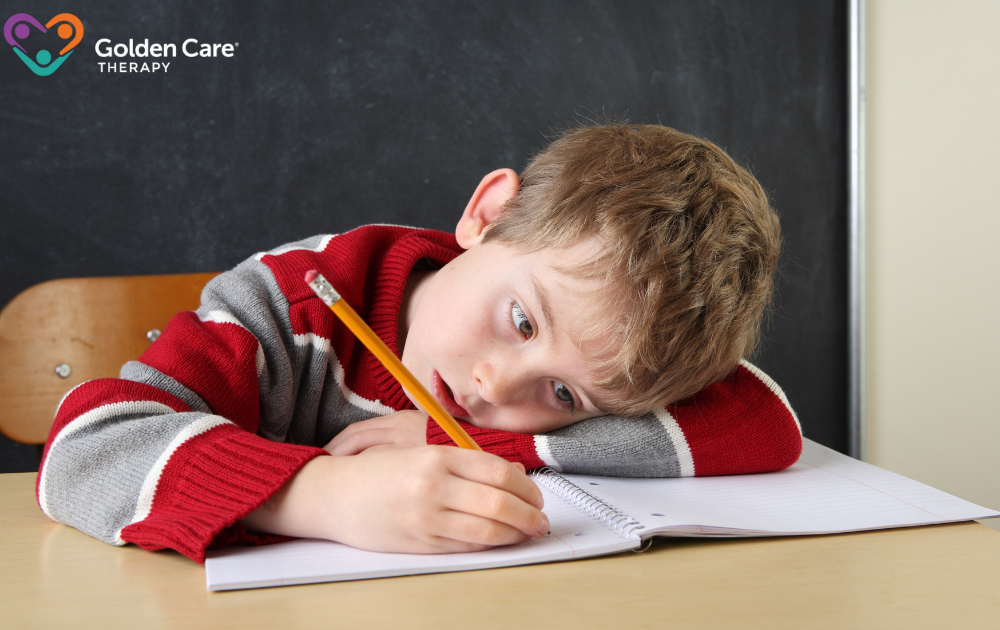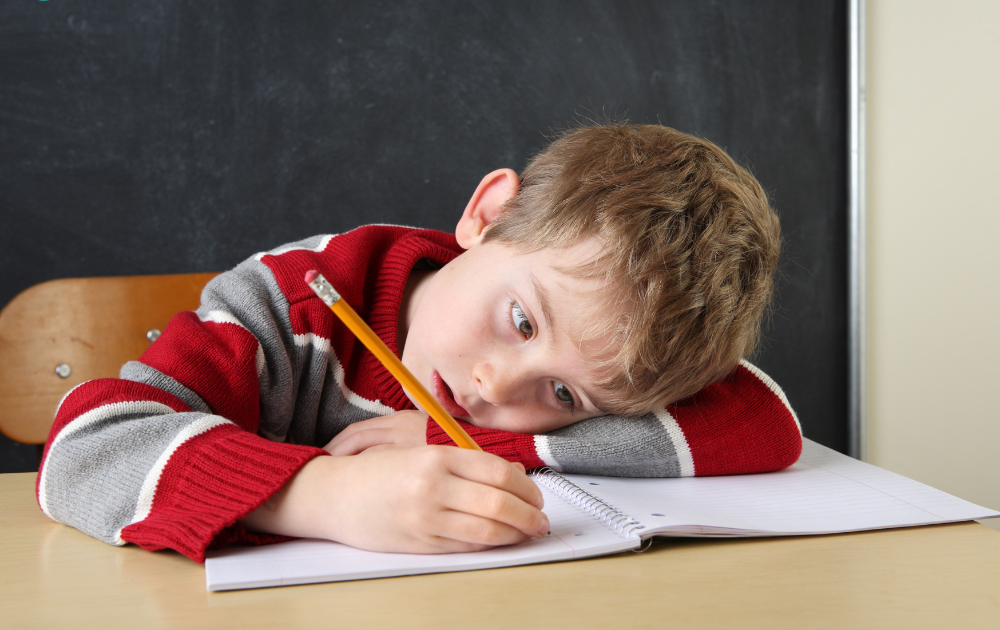There is a prevalent notion that individuals with ADHD may excel in juggling multiple tasks simultaneously. However, this belief, often termed the “Multitasking Myth,” lacks substantial evidence to support its validity. In reality, there is no concrete proof that people with ADHD are inherently better at multitasking.
On the contrary, there are indications that individuals with ADHD may struggle with multitasking due to impairments in executive functioning, particularly attention-related challenges.
The assumption that people with ADHD possess a natural talent for multitasking is unfounded when scrutinized from a scientific perspective.
Research suggests that multitasking does not serve as a compensatory skill for individuals with ADHD, but rather, it can exacerbate existing difficulties related to attention, focus, and task management. The complex nature of multitasking can overwhelm individuals with ADHD, leading to potential inefficiencies and increased cognitive strain.
Can You Multitask with ADHD?

No, people with ADHD generally find multitasking challenging. ADHD affects attention regulation, making it difficult for individuals to focus on more than one task at a time. Attempting to multitask can often result in decreased productivity and increased errors, as ADHD brains struggle with switching attention rapidly between tasks.
This difficulty arises from the tendency of ADHD to cause distractions, making it hard to maintain focus on multiple tasks simultaneously.
However, some individuals with ADHD may experience bursts of hyperfocus on certain activities, which can give the illusion of effective multitasking. Despite this, sustaining attention across multiple tasks remains a challenge.
Rather than multitasking, many find it more effective to break tasks down and focus on them sequentially to manage their attention better.
Effects of Multitasking on Individuals with ADHD
For individuals with ADHD, multitasking essentially involves rapid task switching, diverting attention swiftly from one activity to another and back again. The cognitive demands of such transitions can be overwhelming as tasks requiring focused attention are interrupted by frequent shifts.
This constant task-switching can lead to mental exhaustion and increase the likelihood of errors and incomplete tasks.
Research suggests that individuals with ADHD expend more cognitive energy to complete their activities. Engaging in multitasking, which essentially involves task switching, can deplete their cognitive resources faster than they can replenish them. This heightened cognitive load contributes to fatigue and mental drain, particularly towards the end of the day.
Commencing the workday with distractions, such as responding to emails, sets the stage for multitasking behaviors. Constant interruptions and task shifting not only drain mental energy but also impede productivity.
The cycle of distractions and task switching can hinder one’s ability to concentrate fully on the primary task at hand.
Multitasking, especially for individuals with ADHD, can also lead to cognitive exhaustion due to the increased cognitive load of constantly switching between tasks. The brain can only effectively focus on one activity at a time, so attempting to juggle multiple tasks simultaneously can result in cognitive overload.
Studies have indicated that it takes an average of 23 minutes for individuals to regain complete focus on a task after an interruption. This interruption and subsequent refocusing process not only disrupts workflow but also diminishes work performance, leading to more errors and reduced decision-making capabilities.
To optimize productivity and lessen the negative impacts of multitasking on individuals with ADHD, it is essential to implement strategies that reduce task switching, enhance focus, and minimize cognitive fatigue.
Strategies to Avoid Multitasking with ADHD

Multitasking can pose significant challenges, and this can lead to distractions and reduced productivity. To combat these obstacles, employing effective strategies to minimize multitasking tendencies is crucial.
The first one is enhancing focus with the aim to combat the urge to multitask. By actively working on boosting concentration levels, individuals can channel their attention towards a single task, thereby reducing the temptation to switch between multiple tasks.
Techniques such as mindfulness, meditation, and structured breaks can aid in enhancing focus and minimizing distractions.
It is essential for individuals with ADHD to create an environment conducive to concentration, free from unnecessary interruptions and disturbances. Establishing a designated workspace, setting specific goals, and implementing time-management strategies can help in maintaining focus and minimizing the need for multitasking.
The second strategy is intentional planning which plays a vital role in avoiding multitasking with ADHD. By consciously organizing tasks, setting priorities, and creating a structured schedule, individuals can streamline their workflow and allocate dedicated time to each activity.
Breaking down larger tasks into smaller, manageable segments can prevent feelings of overwhelm and reduce the impulse to multitask.
Furthermore, incorporating tools such as calendars, to-do lists, and task managers can aid in effective planning and task allocation. By proactively mapping out daily activities and deadlines, individuals with ADHD can navigate their responsibilities with greater clarity and purpose, minimizing the need for multitasking.
In essence, by prioritizing focus enhancement techniques and implementing intentional planning strategies, individuals with ADHD can navigate their daily tasks more efficiently, diminish distractions, and cultivate a more conducive environment for optimal productivity.
Impact of Multitasking on Productivity
For individuals with ADHD, the act of multitasking can result in mental energy depletion at a more rapid rate compared to neurotypical individuals. People with ADHD already expend more cognitive energy to navigate their daily tasks.
Engaging in tasks that require constant switching, like multitasking, consumes a significant amount of cognitive resources. This can leave individuals feeling mentally exhausted and drained by the end of the day, affecting their overall well-being and productivity.
Besides, the impact of multitasking on work performance is particularly pronounced for individuals with ADHD.
Starting the workday with distractions such as emails or social media checks can easily spiral into a cycle of multitasking and constant interruptions. Moreover, individuals with ADHD are more prone to self-interruptions, which can exacerbate existing symptoms and lead to further distractions.
Engaging in activities like checking social media frequently or succumbing to unrelated tasks can create a cascade of interruptions, hindering overall focus and task completion.
The Key Takeaway
In the end, multitasking with ADHD can be challenging, but it’s not impossible. By understanding your brain’s unique way of working and using strategies that play to your strengths, you can get things done more effectively.
Focus on one task at a time, use tools to stay organized, and remember that it’s okay to take breaks. With the right approach, you can manage tasks in a way that works best for you! Whether you’re in need of ABA services in New Jersey, Georgia, Indiana, or New York, Golden Care Therapy offers support tailored to your unique needs. Reach out today and let us help you find the best path forward. Contact us today to learn more about how we can assist you on your journey toward growth and success!
Sources:
https://www.additudemag.com/multitasking-with-adhd-productivity-fixes-at-work-and-home/
https://psychcentral.com/blog/adhd-millennial/2017/06/are-people-with-adhd-worse-at-multitasking



